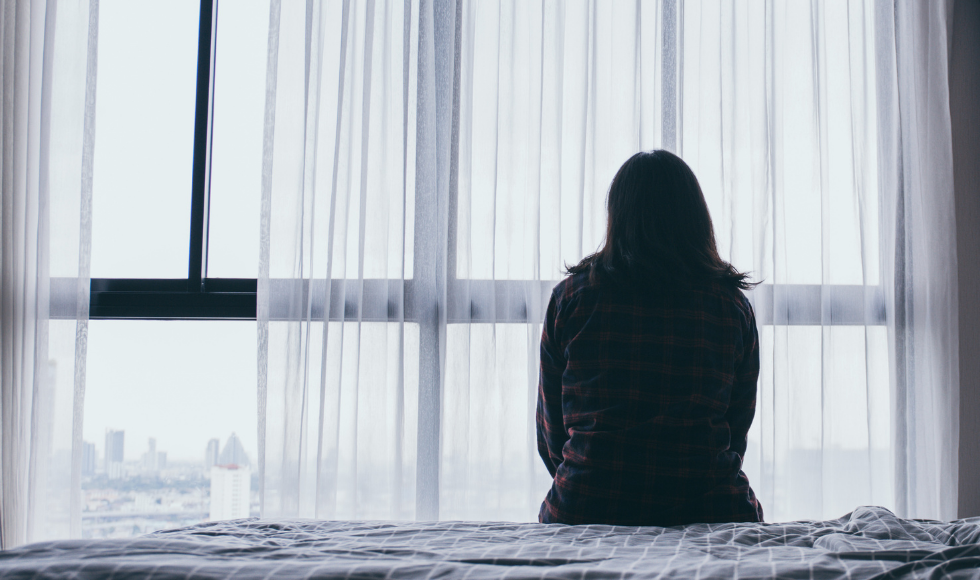In the News: Lyn Turkstra on intimate partner violence during COVID-19

Lockdowns and restrictions have left victims vulnerable by isolating them — often with their abusers — and by making it more challenging to get support and medical treatment. (Shutterstock image)
BY Andrea Lawson
January 27, 2022
The pandemic has led to a troubling increase in the rate and severity of intimate partner violence (IPV), warns a researcher who is working to train medical personnel to identify and help abuse survivors.
Lockdowns and restrictions have left victims vulnerable, not only by isolating them — often with their abusers — but also by making it more challenging to get support and medical treatment.
Traumatic brain injuries are not uncommon for IPV survivors, and for many, these have gone undiagnosed and untreated, potentially leading to long-term cognitive problems.
“There’s a segment of the population who we’re not reaching at all right now because of the pandemic, because of staffing shortages and waiting lists,” Lyn Turkstra, an expert in traumatic brain injury and professor in McMaster’s Faculty of Health Sciences, told CTV News.
Turkstra is part of a group of researchers who reported on IPV and brain injury earlier this month in a special issue of the Journal of Head Trauma Rehabilitation.
Studies on this issue found the pandemic has not only intensified incidents of IPV but has also increased challenges for survivors and service providers.
Turkstra and her research team worked with Mohit Bhandari and Sheila Sprague in the department of surgery to create a set of training materials to help fracture clinic staff identify and assist patients experiencing IPV.
These materials are especially important now that IPV rates have increased, Turkstra said.
Meeting the rehabilitation needs of these patients once restrictions are lifted will be a challenge, she warns, because rehabilitation resources are already scarce.
“I think we’ll be seeing this accumulation of people who have been living this experience for the last couple of years and haven’t been able to get help for it,” she said.


